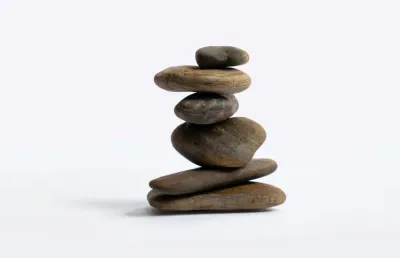“I want some of what she’s having, please!” David pleaded with me for help with his sleep troubles after watching his newly hormone-taking wife, wake refreshed after yet another night of good sleep. Obviously, the hormone replacement which can enable a woman to sleep blissfully all night would not be the solution needed by her husband!
What Is Known About InsomniaHealthy Steps: Insomnia—First StepsHealthy Steps: Insomnia—Full ProgramPreventing InsomniaFrom Dr. Deborah’s Desk Revised 22 August 2020 When was the last time you had trouble sleeping? Too much screen time, emotional stress, loud neighbors, or the anticipation of leaving on a trip can all interfere with a good night’s rest. But if you […]
You’ve tried everything. You’ve read through my sleep articles here and here and of course, here, and you’re still not sleeping well. This column is for you. Five insomnia fixes that work for some of the most stubborn sleep problems around. And three important reasons to keep looking until you find something that works for […]
(If you missed last week’s post, Sleep Comes First, check here to read some of the reasons that getting enough sleep should be your #1 health concern!)
There is a world of difference between the opinions of conventional physicians and integrative physicians when it comes to the subject of our adrenal glands. In medical school I received excellent instruction on the anatomy and physiology (A&P) and healthy functioning of the adrenal glands. In case you skipped that lecture, they are small glands that sit atop our kidneys and are divided into two hormone-producing regions.
The best way to evaluate the quality of your sleep is to look at the quality of your wakefulness during the day. Do you function with alertness at your job and while driving – or do you tend to fall asleep without a constant caffeine boost?
If you are someone who can work creatively, drive dependably and carry on quiet activities (reading, conversations) without falling asleep, you might be getting better sleep than you realize.
Kristin and I used to run together at least once a week. It started when we both fought fire, and we ran or worked out together every day. That summer we ran in the rain, water sloshing into our mesh running shoes.
Magnesium is a chemical element that chemists refer to by the symbol Mg, but Mg never exists by itself anywhere on the planet. It is embedded in rocks, or molten in earth, or dissolved in seawater.








